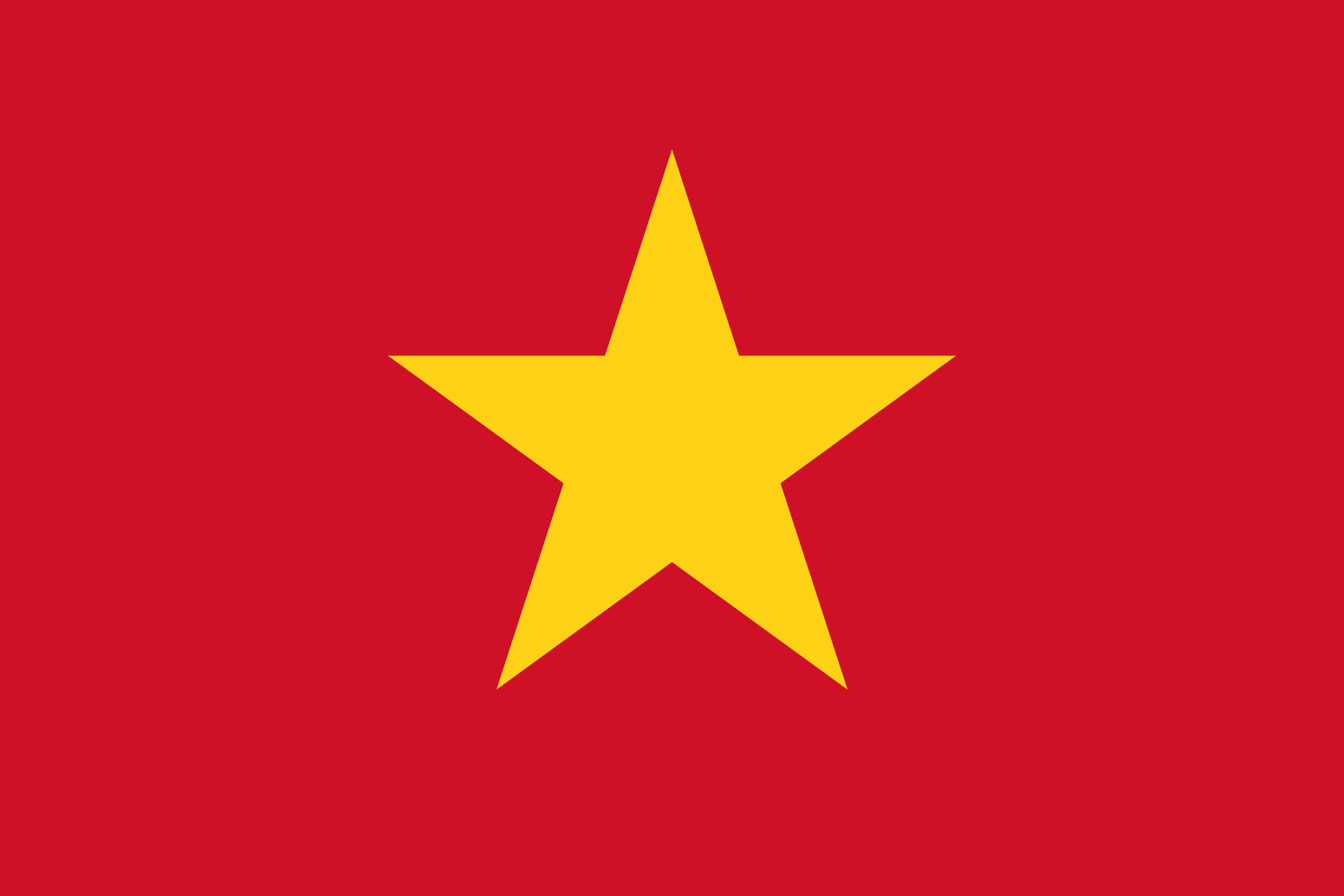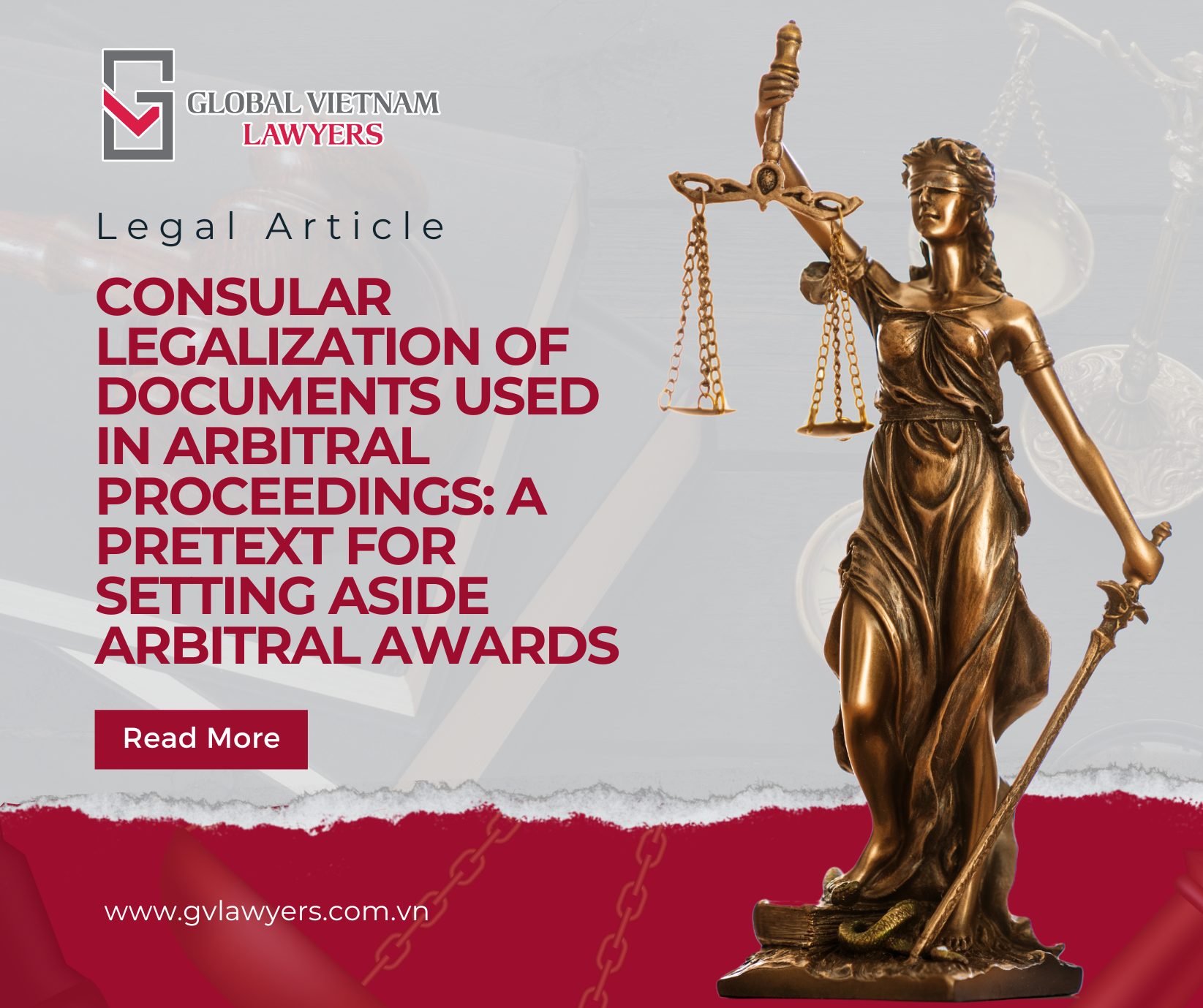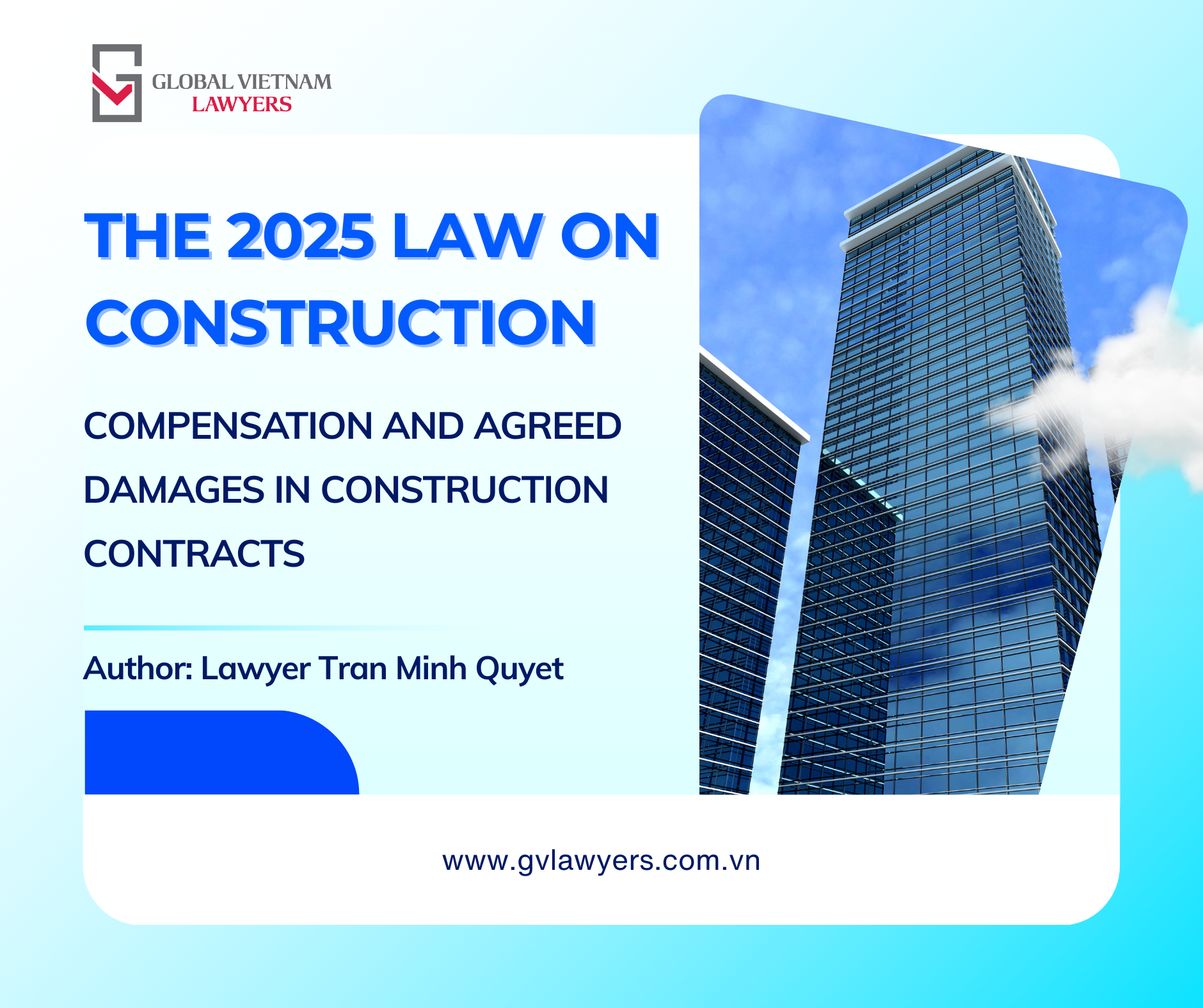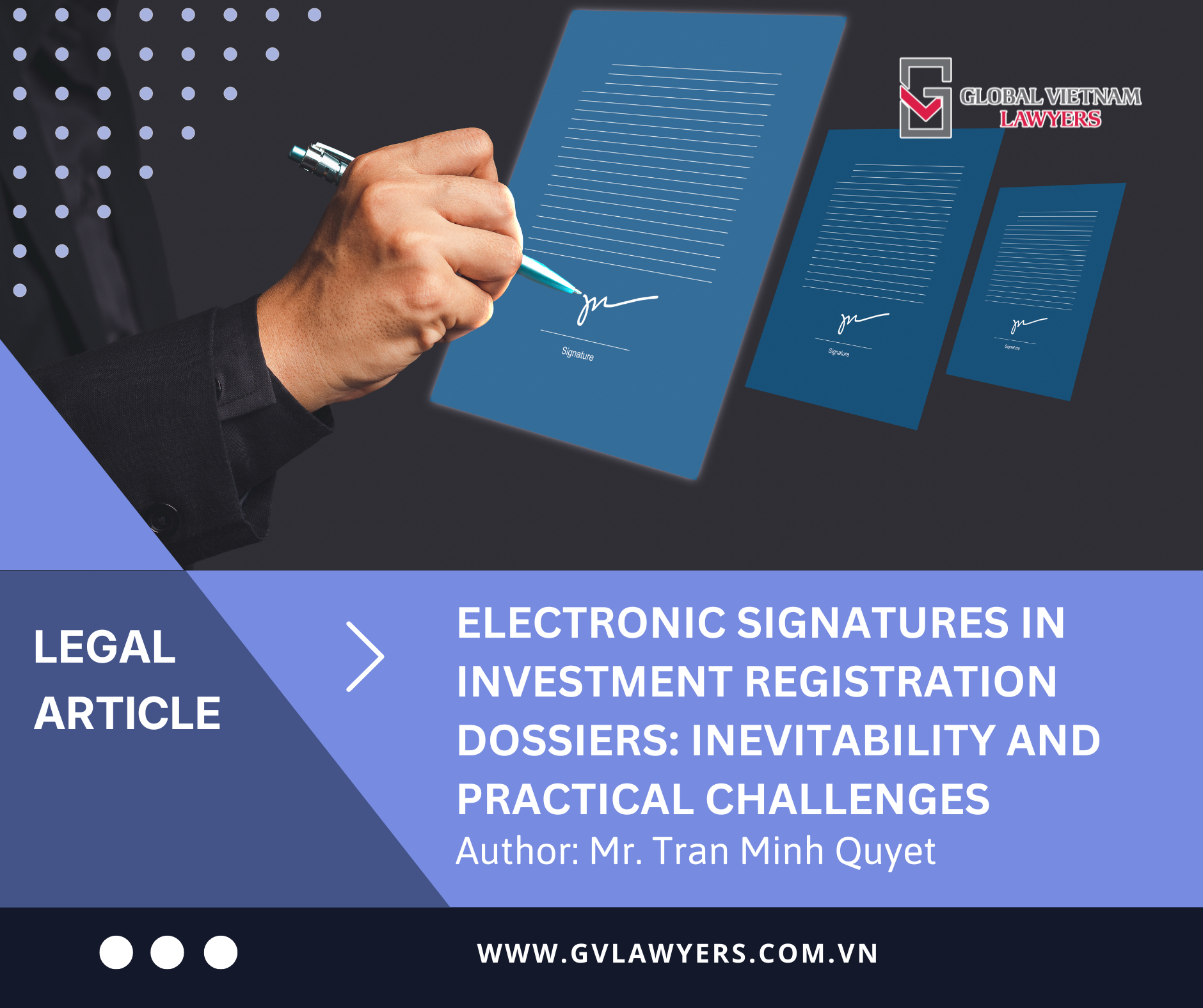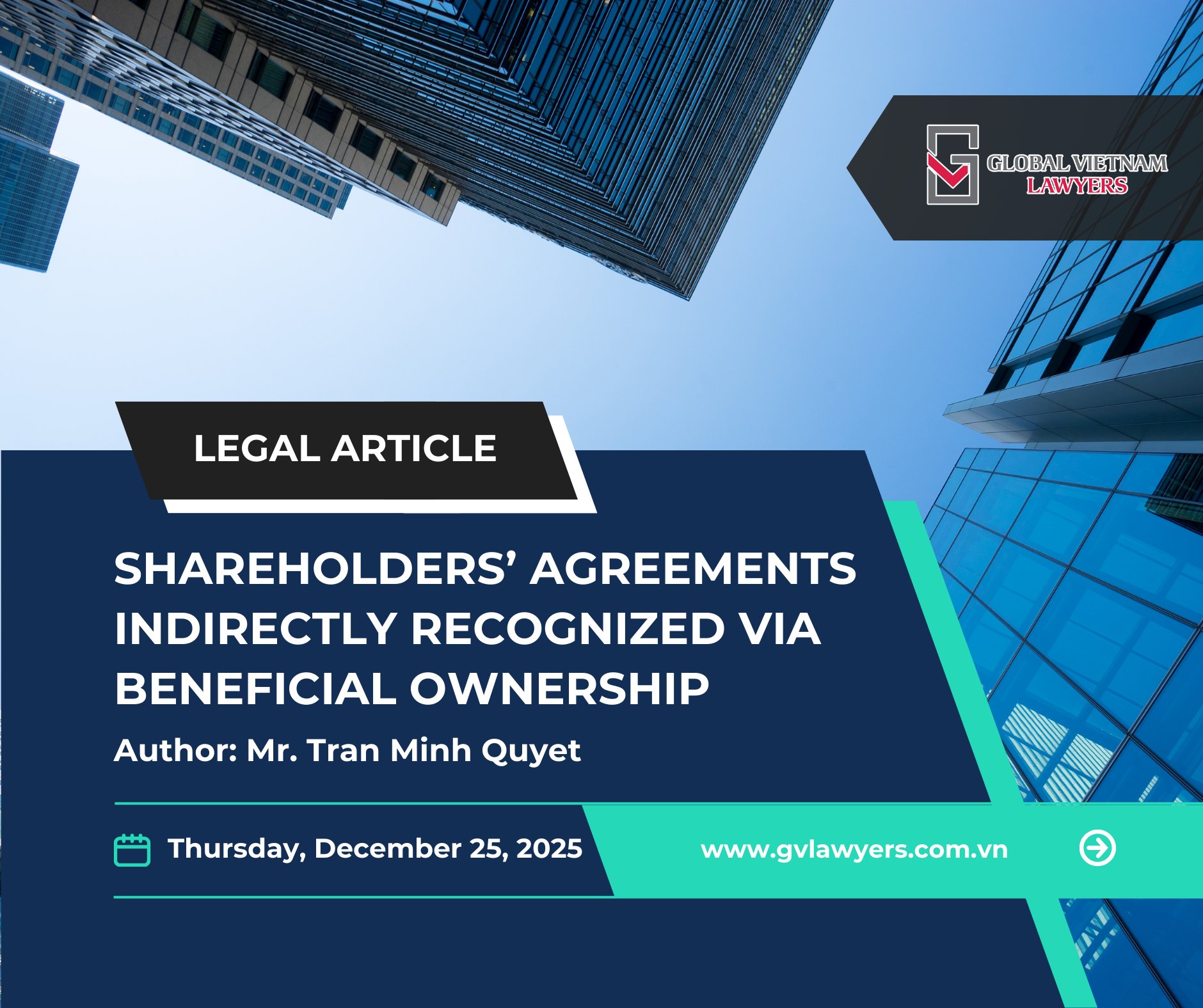GV Lawyers would like to introduce our valued readers to an article by Mr. Luong Van Ly and Ms. Tran Nguyen Phuong Anh titled “Consular legalization of documents used in arbitral proceedings: A pretext for setting aside arbitral awards” published on The Legal 500 site on April 10, 2024.
***
On two occasions so far, arbitral awards have been set aside by Vietnamese courts under the pretext that documents issued in foreign countries and accepted as valid by the arbitrators have not gone through the process of being legalized by consular officers before being presented in the arbitral proceedings. It would be conjectural to say whether any kind of trend will emerge out of such decisions, but it may not be too early to raise questions on their legal grounds.
DIVERGENCE WITHIN THE JUDICIARY
- In 2020, the People’s Court of Ho Chi Minh City (the “HCMC Court”) issued Decision No. 1768/QD-PQTT, ruling that the acceptance by an arbitral tribunal of a power of attorney (“POA”) granted by a foreign party to the dispute to its representative in the arbitral proceedings without consular legalization is a breach of fundamental principles of Vietnam’s law as stipulated in paragraph 2 article 3 of the 2015 Civil Code. The court did not explain which fundamental principle has been infringed upon[1].
- In 2023, the People’s Court of Hanoi City (the “Hanoi Court”) issued Decision No. 12/2023/QD-PQTT dated 4th July 2023 (“Decision 12/2023”) to set aside another arbitral award, along the same line as Decision No. 1768/QD-PQTT [2].
- The both Decisions have been commented by some law experts and practitioners as being of “reference value” as to the obligation to have POAs issued abroad consul-legalized[3] before presenting them in the proceedings.
- As a stark contrast, only a few months later, the same Hanoi Court, in a similar case, issued Decision No. 16/2023/QD-PQTT dated 27th November 2023 (“Decision 16/2023”), contending that the Request for Arbitration does not have to be legalized if not so required by the receiving authority of such document (which in this case is the Vietnam International Arbitration Center – VIAC)[4].
- Confusion arises both in the practitioner circles and in the public, from such divergence of opinion among judges, not only between the ones in the HCMC Court and their fellow judges in the Hanoi Court but, most disturbingly, among judges of the same court, i.e., the Hanoi Court.
SUMMARY OF RELEVANT FACTS AND RULINGS IN DECISION 12/2023 AND DECISION 16/2023
[For the sake of analysis, only Decisions 12/2023 and 16/2023 will be discussed below since they are the demonstration of the aforesaid divergence of thoughts among the judiciary]
Decision 12/2023
- The petition for setting aside the VIAC arbitral award was lodged by the buyer against the seller and the guarantor in a share purchase agreement. The Claimant is a Singaporean company, the Respondents are both of Vietnamese nationality. The Claimant’s Board of Directors had passed a resolution to authorize an individual to represent them in the arbitral proceedings. Under and in line with such resolution, the authorized representative subsequently granted Sub-POAs to three other persons. None of the Sub-POAs was legalized at the time of their submission along with the Request for Arbitration.
- During the course of the proceedings, the Respondents alleged that because of the lack of consular legalization of the resolution as well as the POAs, the representatives of the Claimant had no legal capacity to sign and file the Request for Arbitration, thus depriving the arbitral tribunal of any jurisdiction over the case. The tribunal then issued a jurisdictional decision stating that, since the arbitral tribunal, as the receiving authority of the said documents, did not require consular legalization there was no need for these documents to be legalized according to paragraph 4 article 9 of Decree No. 111/2011/ND-CP dated 5th December 2011 of the Government on Consular Authentication and Legalization (“Decree 111/2011”). The tribunal then proceeded with adjudication on the merits and concluded the case with an award in favor of the Claimant.
- Disagreeing with the tribunal’s decision on jurisdiction and final award, the Respondents filed a request for setting aside the award at the Hanoi Court. One of the grounds presented by the Respondents was that the arbitral award violated fundamental principles of Vietnam’s laws, specifically article 14 of the 2015 Civil Code, which stipulates that the protection of one’s civil right upon infringement or dispute shall be carried out in accordance with procedural laws at courts or arbitration. The Law on Commercial Arbitration does not set standards for admissible evidence, while paragraph 1, article 478 of the 2015 Civil Procedure Code provides that the courts only accept and use documents issued by foreign organizations if such documents have been legalized by consular officers or fall into the cases of exemption from consular legalization. In light of such provisions, the arbitral tribunal’s acceptance and use of the non-legalized resolution of the Claimant’s Board of Directors, POAs, and Request for Arbitration constituted a violation of a fundamental legal principle of Vietnam’s laws.
- In response, the Claimant argued that paragraph 2 article 4 and paragraph 4 article 9 of Decree 111/2011 grant the receiving authority of the documents in Vietnam the right to decide whether or not there is a need for those documents to be legalized before being accepted and used. In the case at hand, since there was no legalization request from either VIAC or the arbitral tribunal, the simple absence of consular legalization does not deprive the arbitral tribunal of their jurisdiction to hear the case.
- Addressing this matter, the Hearing Council of Hanoi Court based their ruling on paragraphs 1, 2 and 3 article 4 of the 2015 Civil Code, and article 1 of the 2015 Civil Procedure Code to reason that the 2015 Civil Code together with the 2015 Civil Procedure Code are “fundamental root laws” and must be applied in the absence of provisions from other laws. In other words, if the 2010 Law on Commercial Arbitration and texts elaborating on its application do not regulate this matter, the 2015 Civil Procedure Code, specifically in this case, paragraph 1 article 478 of the 2015 Civil Procedure Code requiring consular legalization of documents issued overseas should apply in the silence of the 2010 Law on Commercial Arbitration. Hence, the Claimant’s failure to obtain consular legalization of documents as well as VIAC’s and the arbitral tribunal’s acceptance of such documents was a violation of the litigation procedures for determining the capacity to initiate the proceedings.
Decision 16/2023
- The arbitration which was the subject of Decision 16/2023 was meant to settle a dispute arising from a sale of goods agreement between a company head-quartered in the United States (the Claimant) and a company established in Vietnam (the Respondent). The legal representative of the Claimant issued a POA for two individuals in Vietnam to represent the Claimant in the arbitral proceedings, starting with filing the Request for Arbitration. Although the POA had not been legalized at the time of submission of the Request for Arbitration, it was legalized afterwards, upon the arbitral tribunal’s request.
- The arbitral award was in favor of the Claimant, prompting the Respondent to lodge a setting-aside petition at the Hanoi Court. The Respondent alleged that the award violated the fundamental principles of Vietnam’s laws because the Request for Arbitration was accepted without being legalized which is a breach of paragraph 2 article 4 of Decree 111/2011. The Claimant, adopting the arbitral tribunal’s explanation, argued that pursuant to paragraph 4 article 9 of Decree 111/2011, since VIAC as the receiving authority of the Request for Arbitration did not require it, consular legalization was not compulsory. In the Court final decision, The Judge Council was of the same view as the Claimant.
WHETHER CONSULAR LEGALIZATION IS COMPULSORY IN ARBITRATION
- First and foremost, it is necessary to line out the law provisions on consular legalization.
- According to paragraph 2 article 2 of Decree 111/2011, “Consular legalization means certification of stamps, signatures and titles on foreign papers and documents by competent Vietnamese agencies for recognition and use in Vietnam.”
- Paragraph 2 article 4 of Decree 111/2011 stipulates, “To be recognized and used in Vietnam, papers and documents of foreign countries must be consul-legalized, except for cases specified in Article 9 of this Decree.”
- Article 9 of Decree 111/2011 provides for four cases when consular legalization is not needed, including:
“1. Papers and documents exempted from consular certification and legalization under treaties to which Vietnam and the concerned foreign countries are parties, or according to the reciprocity principle.
2. Papers and documents delivered directly or via diplomatic channels by and to competent Vietnamese and foreign agencies.
3. Papers and documents exempted from consular certification and legalization under Vietnamese laws.
4. Papers and documents where consular certification and legalization is not required by the receiving Vietnamese or foreign agencies in accordance with relevant Vietnamese or foreign laws.”
- In other words, by law, with four exceptions, it is compulsory for foreign documents to be consul-legalized to be recognized and used in Vietnam. But let us focus for a while on Exception Case No. 4 which reads that the organizations receiving foreign documents may refrain from requiring consular legalization thereof in accordance with relevant Vietnamese or foreign laws and try and determine whether Exception Case No. 4 applies and how can it apply to arbitration centers and tribunals whose awards are to be applied in Vietnam. The quiz here is: Which legal provision should such centers or tribunals refer to in order to determine whether they are entitled to exempting foreign documents from consular legalization (by simply not demanding that they should be legalized)? Undoubtedly not to the 2010 Law on Commercial Arbitration because it is silent on this issue.
- In Decision 16/2023 the court considers VIAC as a Vietnamese receiving agency with the right to waive the consular legalization but its referring to Decree 111/2011 may be considered as insufficient because of lack of reference to the legal provisions vesting the arbitral tribunal with such right. It would be difficult to agree with the court in Decision 16/2023 where assertion is made that the waiver right is at the receiving agency’s sole discretion. Such an assertion simply ignores the request made in paragraph 4 article 9 of Decree 111/2011 that such right must be in accordance with the relevant laws. On the other hand, the Hanoi Court, in Decision 12/2023, argues that, in the absence of arbitral law provisions, the court should shift to and apply article 478 of the 2015 Civil Procedure Code. Legally speaking, such an argument is hardly valid, for two reasons: (i) as provided for in article 1 of the 2015 Civil Code Procedure, the Civil Procedure Code does not apply to arbitration institutions[5]; and (ii) both paragraphs of article 478 of the Civil Procedure Code start with the following words “The courts shall recognize papers, documents…”, meaning very explicitly that said article 478 applies exclusively to courts. We have found no other legal provisions allowing automatic application of either article 478 or the whole Civil Procedure Code to arbitral tribunals or arbitral proceedings in any circumstances.
- In short, as far as the issue of mandatory consular legalization in arbitration proceedings is concerned, the fact is that we are still today lacking solid legal grounds to conclude in either way. Reference made to the Civil Procedure Code to conclude that consular legalization is mandatory has to be seriously reconsidered on the basis of existing and applicable laws while reference to the sole Decree 111/2011 does not seem sufficient in itself to establish the authority of arbitral tribunals to decide in their own discretion on the need or uselessness of having the foreign documents consul-legalized before accepting them.
- From the practical perspective, the author finds it important to recall that, as compared to dispute settlement at court, arbitration has the merits of being money and time-saving. Such advantage should be reinforced by streamlining the procedures and paperwork as far as allowed by the laws and the arbitration fundamental rules such as due process and impartiality. Getting back to the issue of consular legalization, in the author’s mind, the effectiveness of arbitration will be enhanced if such formality can be waived at the discretion of the arbitration centers or tribunals who, in return should be held liable to the parties to the dispute and to the laws for their decision. To make it possible however, the current law blank, as discussed in items 15 and 16 herein, and the confusion resulting therefrom, must be dealt with by either amending article 9 in Decree 111/2011 or inserting an appropriate provision in the application decree to the coming new or revised Law on Commercial Arbitration. The reforming of the Law on Commercial Arbitration which is currently being contemplated is without doubt the occasion for so doing.
IS THE LACK OF CONSULAR LEGALIZATION IN ARBITRATION A BREACH OF FUNDAMENTAL PRINCIPLES OF VIETNAM’S LAWS?
- It is public knowledge that, “violation of fundamental principles of Vietnam’s laws” has been the most frequently used pretext for setting aside (or denying endorsement and enforcement of) arbitral awards[6]. The headache for arbitrators, judges, administrators of arbitral proceedings and parties to the dispute comes from the fact that there has never been a common appreciation of what the fundamental principles of Vietnam’s laws may be. To be clear, the author does not have the intent to suggest, at least in this article, replacing the fundamental principles of law with another reference base, such as “public policy” or “public order” which are quite popular in a number of countries. The 1958 New York Convention leaves it open for the contracting states to recognize and enforce arbitral awards “in accordance with the rules of procedure of the territory where the award is relied upon”[7]. Electing the fundamental principles of Vietnam’s laws as the reference base for deciding to or not to set aside (or recognize and enforce) arbitral awards is a sovereign and internationally lawful decision of Vietnam. What is missing is an explicit definition and specific determination of those fundamental principles, for the sake of well-founded, unified and consistent application. Going ahead with such opaque, because unspecified, reference base would worsen the present state of confusion, as shown by contradictory Decisions 12/2023 and 16/2023, and seriously impair the credibility of arbitration as an ADR means, both to domestic and international audience.
- As an attempt to provide some kind of definition, the Council of Magistrates of Vietnam’s People’s Supreme Court, in their Resolution No. 01/2014/NQ-HDTP dated 20th March 2014, instruct that “an arbitral award contrary to the fundamental principles of Vietnam’s laws” means an arbitral award which “violates the fundamental principles of conduct that have overarching effect on the construction and implementation of Vietnam’s laws”[8]. This may be considered a laudable step forward to clarity; we hope however that further steps will be taken, particularly when the legislation on commercial arbitration seems to be subject to a comprehensive and deep review
Conclusion
- To date, there have been in Vietnam two court decisions (Decision No. 1768/QD-PQTT of the HCMC Court and Decision 12/2023 of the Hanoi Court) setting aside arbitral awards because non-legalized documents have been used in the proceedings, in spite of the administrating authority of the proceedings and/or arbitral tribunals initially accepting them. But more worrisome is that such lack of legalization has been determined, in the both Decisions, to be a breach of fundamental principles of Vietnam’s laws, a notion still open to a wide range of interpretation and scope of usage.
- We hope that these two subject-matters, i.e., (i) the authority of arbitral tribunals to decide on the necessity of consular legalization for foreign documents presented in arbitration proceedings; and (ii) the definition of “fundamental principles of Vietnam’s laws”, will be properly dealt with in the forthcoming revised Law on Commercial Arbitration.
[1] Tony Nguyen, Manh Pham (EP Legal), Vietnamese Court Sets Aside Arbitral Award for Failure to Legalize POA: An Abuse of Due Process Requirements, 26th July 2023, Kluwer Arbitration Blog, retrieved at: https://arbitrationblog.kluwerarbitration.com/2023/07/26/vietnamese-court-sets-aside-arbitral-award-for-failure-to-legalize-poa-an-abuse-of-due-process-requirements/
[2] See Decision No. 12/2023/QD-PQTT dated 4th July 2023 of the People’s Court of Hanoi City at: https://congbobanan.toaan.gov.vn/2ta1225914t1cvn/chi-tiet-ban-an
[3] Minh Dang, Nguyen Do, Thang Pham (YKVN), The Vietnamese Courts Have Spoken: Consular Authentication of Foreign Powers-of-Attorney Is a Must to Initiate a Vietnamese Arbitration, 25th August 2023, Kluwer Arbitration Blog, retrieved at: https://arbitrationblog.kluwerarbitration.com/2023/08/25/the-vietnamese-courts-have-spoken-consular-authentication-of-foreign-powers-of-attorney-is-a-must-to-initiate-a-vietnamese-arbitration/
[4] Decision No. 16/2023/QD-PQTT dated 27th November 2023 of the People’s Court of Hanoi City at: https://congbobanan.toaan.gov.vn/2ta1406438t1cvn/chi-tiet-ban-an
[5] Article 1 of the 2015 Civil Procedure Code: “The Civil Procedure Code provides for the basic principles in civil proceedings; the order and procedures for initiating lawsuits at People’s Court (hereinafter referred to as Courts) to settle cases of civil, marriage and family, business, trade and labor (hereinafter referred to as civil lawsuits) and order and procedures to request the Court to settle matters regarding civil, marriage, family, business, trade, labor (hereinafter referred to as civil matters); order and procedures for settlement of civil lawsuits and civil matters (hereinafter referred to as civil cases) at Courts; procedures for recognition and enforcement in Vietnam civil judgments/decisions of foreign Courts, award of foreign arbitrators; enforcement of civil judgments; tasks, entitlements and responsibilities of proceeding authorities/officers; rights and obligations of participants in procedures, of individuals, of regulatory agencies, people’s armed units, economic organizations, political organizations, socio-political organizations, political – social – professional organizations, social organizations, social – professional organizations (hereinafter referred to as agencies and organizations) that are relevant to ensure that the resolution of civil cases is carried out quickly, accurately, truthfully and lawfully.”
[6] Vietnam’s procedural laws make the distinction between domestic and foreign arbitral awards. Domestic awards may be set aside by courts while foreign awards may be denied endorsement and enforcement.
[7] Paragraph 1 article III of the United Nations Convention on the Recognition and Enforcement of Foreign Arbitral Awards
[8] Article 14.2.dd of Resolution No. 01/2014/NQ-HDTP dated 20th March 2014 of the Judicial Council of the People’s Supreme Court
>> TO READ THE ARTICLE ON WEBSITE OF LEGAL500, VISIT: https://www.legal500.com/developments/thought-leadership/consular-legalization-of-documents-used-in-arbitral-proceedings-a-pretext-for-setting-aside-arbitral-awards/


